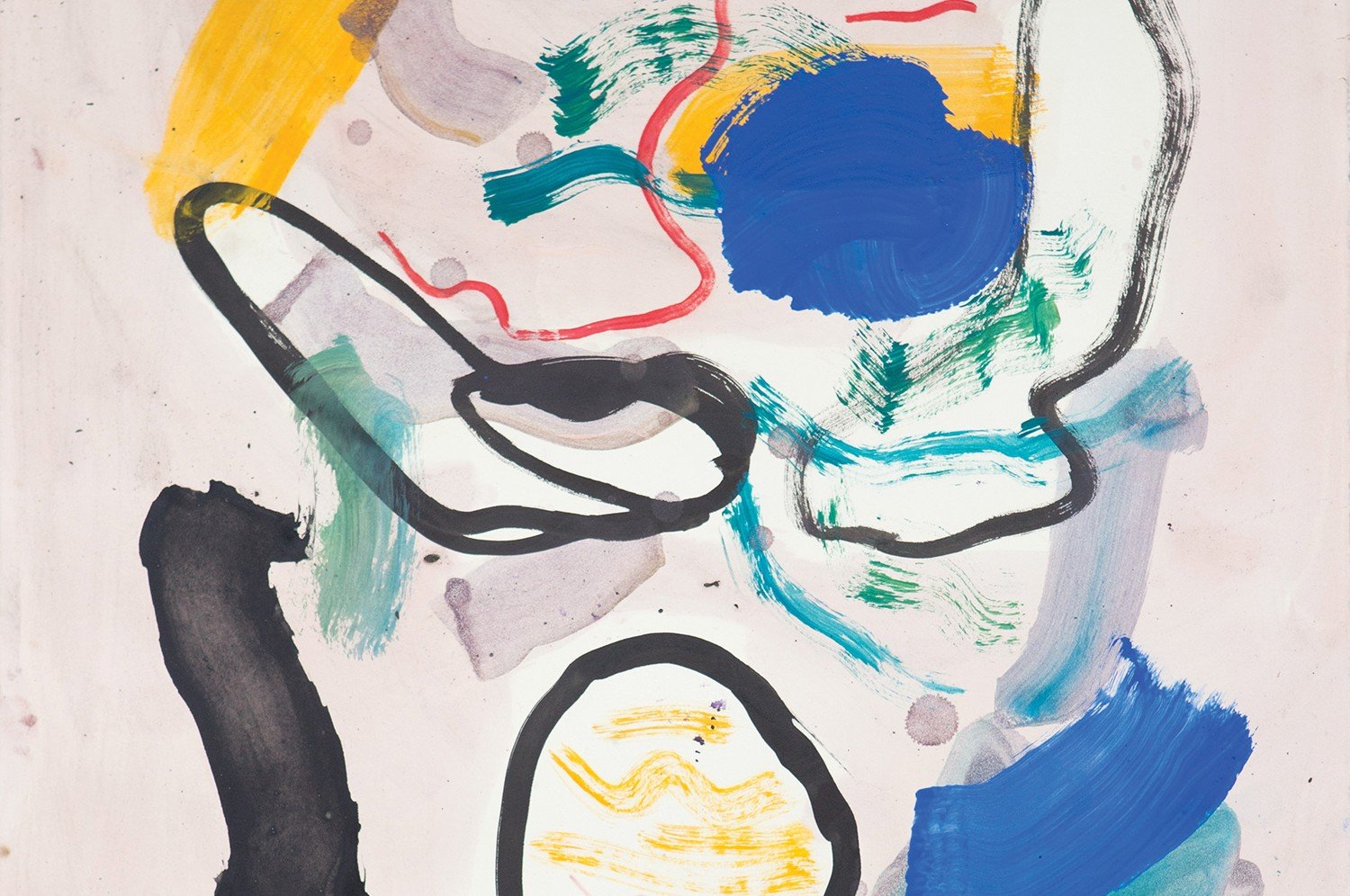Cultural Programming: What Are You Buying Into?
Last year I came down with the flu. The kind of flu that doesn’t give you a sore throat or detectable nausea, but one that makes the back of your neck ache, your bones ache, your muscles ache. The kind that leaves you so exhausted you fall asleep by 8pm and miss your brother’s birthday celebration. The kind where you sit down for breakfast, eat one pancake, and are too tired to eat a second. Basically, I was out of it. During my ill-tinged haze, I was disconnected social media, my email, and even the news. I missed many things of varying significance — an assortment of political upheaval, the stock market rising and falling, and, apparently, the release of a little film/social movement called Bird Box. (For the uninitiated, Bird Box is a supernatural horror thriller starring Sandra Bullock about a dystopian future where, if you see some unknown entity, you’ll take your own life.)It wasn’t until my fever began to lift and memes about the movie flooded my Instagram that I discovered I was not one of the 45 million people who had watched the film during the first week of its release (the biggest release a Netflix film has had to date). Thus began the Google searches: “Bird Box reviews.” “Is Bird Box scary?” “What the hell is the Bird Box challenge?” Somewhere between obsessing about watching it and taking action, I realized I was desiring something I had no authentic desire for. I don't like horror movies. I also don't particularly care for Sandra Bullock (with the exception of Speed, of course). The desire didn’t come from me, it was implanted, and it got me thinking: How often have I believed, and therefore acted, from a place of blind following? And how many of us are victims of a similar experience?The unfortunate answer is ALL OF US (at least at some point or another).
Whenever you’ve bought something you later realized you didn’t really need or watched something you know you never would have liked, you’ve been influenced by one of the biggest, most manipulative cults of our time: consumerism.
According to Dictionary.com, a cult is “a misplaced or excessive adoration for a particular person or thing.” It’s an obsession with, an over-identification with. It’s an extreme example of the ego. Mass consumerism and capitalism are cult-like in that they play to our ego’s need to experience things, consume things, and own things to belong, to be fulfilled. Much of these needs are subconscious — which is why they’re also so pervasive. It’s natural for our thoughts to rely on cultural programming that states: “If what I own is who I am and what you own is who you are, I should then be constantly evaluating you versus me and wanting more so that I can be better than you.” This identification with things is a construct of the ego and one that requires reinforcement for its survival. Welcome to an endless cycle of want, consumption, and ultimately, dissatisfaction. Welcome to capitalism. “The unchecked striving for more, for endless growth, is a dysfunction and a disease,” says Eckhart Tolle in A New Earth. Tolle continues, “Ego identification with things creates attachment to things, obsession with things, which in turn creates our consumer society and economic structures where the only measure of progress is always more.”There is no inherent problem with wanting a Tesla, a Chanel purse, or a vacation to Hawaii. What plagues us is when we attach our identities or sense of who we are to these objects and experiences. But if (and when) this happens, it’s just the ego. And the ego is an inextricable part of what makes us human beings. Advertising has relied upon the existence of the ego to thrive. What is unique about our current time is how marketers have an ability to gather incredibly specific, detailed, and arguably private information about us that is then used for exploitation under the guise of customization and personalization. Nxivm, a rumored sex-cult in upstate NY that played to womens’ vulnerabilities with the promise of a more empowered existence, operated much like marketers do, offering hope, belonging, and acceptance in exchange for unquestioning support. A New York Times article about the cult and its leader, Keith Raniere, alludes to connections between the tactics used in marketing and those in cult leadership. In chronicling Raniere’s past, the author of the piece, Vanessa Grigoriadis, writes: “He [Raniere] wanted to be an academic, but for a child who felt out of control, control of others may have been appealing, and he became interested in the science behind multi-level marketing.” So how can we live within the modern world of mass consumerism and capitalism without becoming beholden to its cult-like manipulations? The answer lies in awakening to the reality that we are not what we have, do, or own, nor are our thoughts about what we have, do, or own.Tolle puts it best: “All that is required to become free of the ego is to be aware of it, since awareness and the ego are incompatible.” If we could each operate from this state of presence, we’d realize our beingness is what connects everyone to everyone else. And what we long for — connection, acceptance, love — is accessible and universal, rather than one of the mind, which is individualistic.
If consumption is the opiate of the masses, awakened presence can be its antidote.
I still haven’t watched Bird Box. Maybe I will. Maybe I won’t. But what I know for sure is that my sense of wholeness, my worth, my fulfillment, will not shift no matter what I choose to do. Alyssa Benjamin is a writer and brand consultant currently balancing life between NYC and the countryside. You will most likely find her in a park, studying Ayurvedic texts, or hosting her podcast, All’s Well. Say hello on Instagram at @alyssadara.Artwork by: Leroy Miranda Jr.
